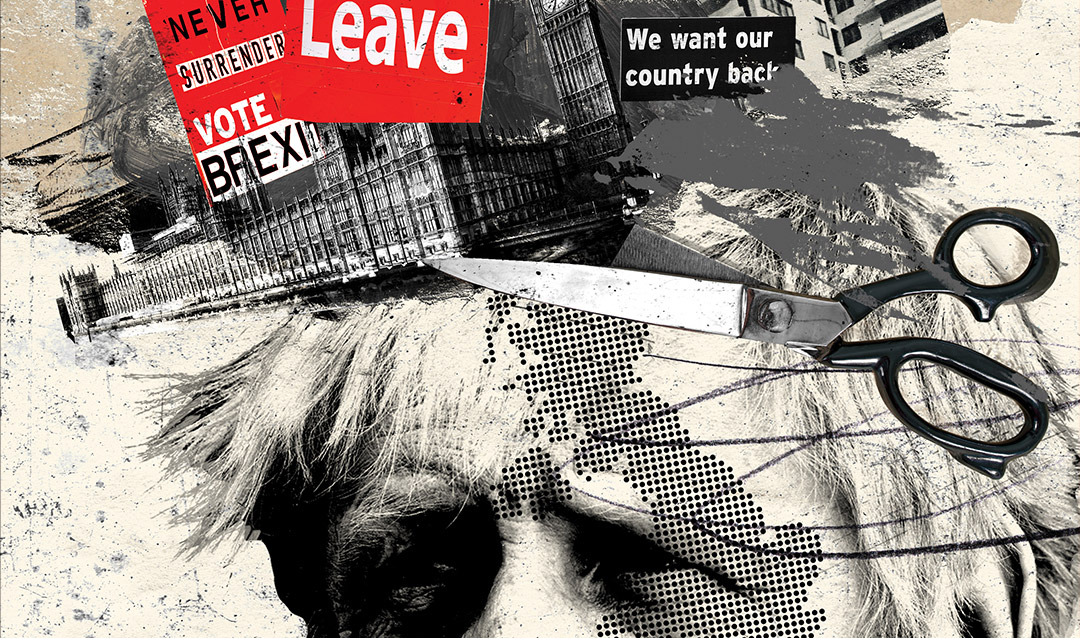In a new book, The European Union After Brexit, Laible, her co-editor Scott Greer and a team of political scientists from around the globe set out to find answers to some of those questions. In all, the book draws on the knowledge and insights of 10 researchers who examined the momentous event from myriad perspectives. It was published in April 2020.
Laible says the project offered contributors an opportunity to look anew at the fractured relationship between Europe and Britain—and an opportunity to understand how the union dissolved so dramatically.
“When Brexit happened, I was just as surprised as many other people, including people who had been observing British politics for some time,” Laible says. “A lot of us just didn’t understand the depths of the dissatisfaction that had developed in the British public.”
Laible notes that much of the discourse about the fallout of Brexit has focused on how the separation will impact Britain; the book, she says, intentionally focuses instead on the post-Brexit realities for Europe. And if one theme emerged from all the work submitted for the book, she says, it is this: While Brexit has been and likely will remain a crisis for Britain, it can’t quite be described as such for the remaining members of the EU.
For the EU, Laible says, Brexit is “more of a technical problem. There is going to be disruption from Brexit in the EU but I believe the EU is going to continue to adapt and change; it’s going to have to adapt and change. A lot of the people who were very supportive of Brexit [in Britain] were convinced that if and when it happened, the EU would come crawling back. But the reality is that the reaction of the EU has been that they’ve really held together as a negotiating team. They’ve refused to compromise on the EU single market. This really is not a tragedy for a lot of the EU.”
What of Britain, though? Laible says there is a strong sense in the political science community that, in the end, Brexit will diminish Britain’s standing in the world.
“This was a country that always had a powerful market, always had a powerful diplomatic presence, always played a major role in the EU, even when it was somewhat of an awkward partner,” Laible says. “Britain was very powerful in shaping the trajectory of how the EU developed.”
But now, Laible says, another nation—most likely France or Germany—will be left to take a leadership role on such important issues as immigration, security, social policy and labor policy. Britain, by contrast, will be left somewhat in isolation.
“Britain will be a lesser country for not being in the EU,” she says. “I think it will ultimately punch below its weight on the international stage, and I think there’s going to be a bit of a shock for some members of the British government who think they will be able to command the same presence they’ve historically had.”






